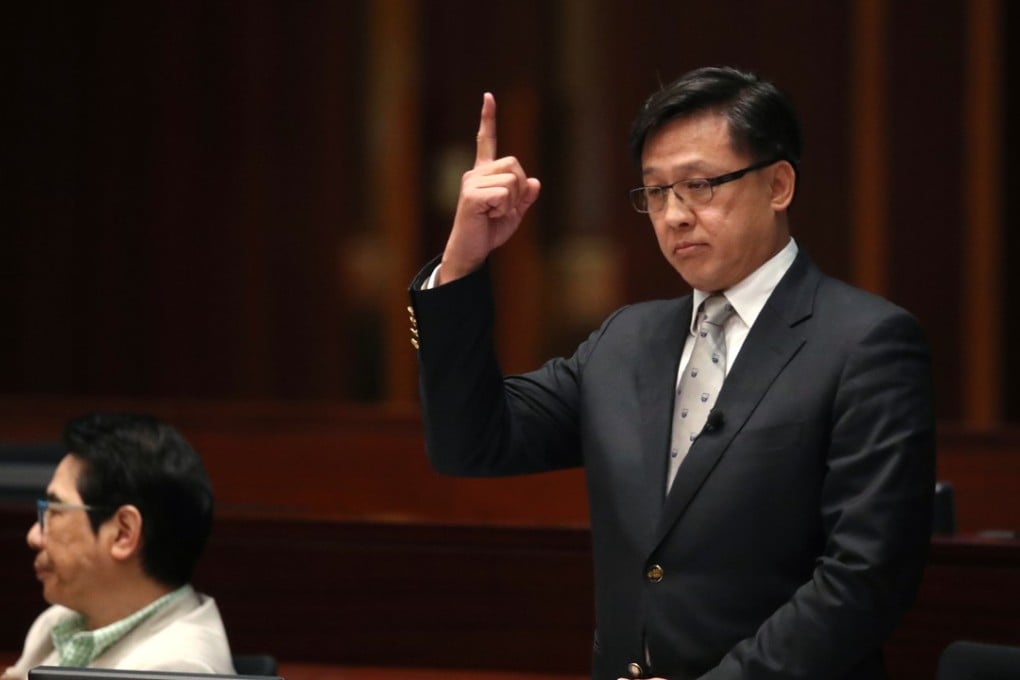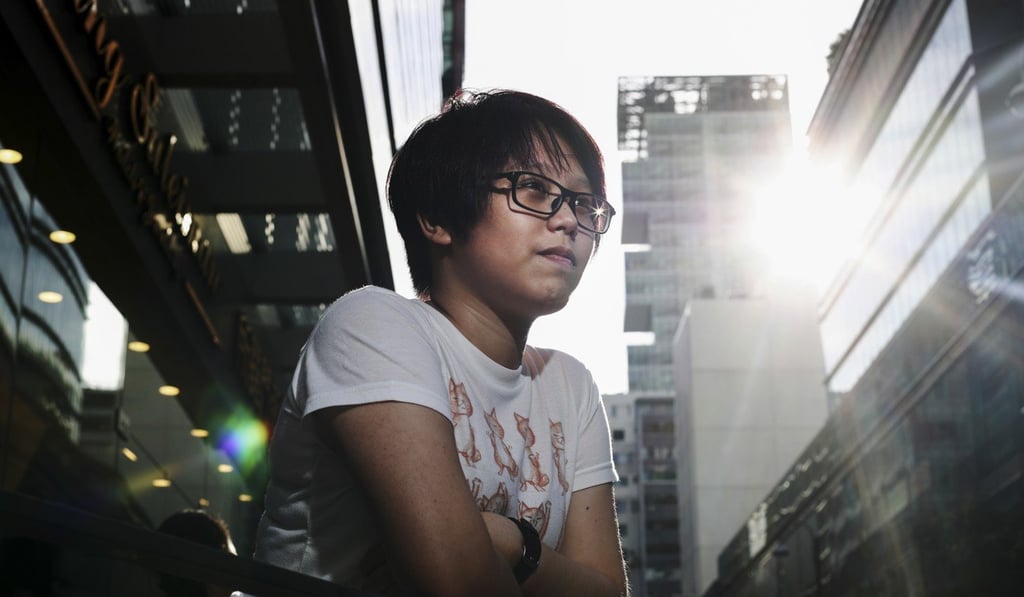Hong Kong lawmaker draws ire by suggesting up to 10,000 ‘domestic servant’ jobs be reserved for people from ethnic minorities
Local activists upset by ‘unacceptable’ proposal, saying it has roots in flawed stereotypes

Pro-Beijing lawmaker Junius Ho Kwan-yiu on Tuesday stood by his idea for Hong Kong to reserve 5,000 to 10,000 “domestic servant” jobs for people from ethnic minorities, as the government considers how best to use a HK$500 million fund to help them move up the socio-economic ladder.
Ethnic minority individuals who took on housekeeping jobs should not be required to live with their employers, and could be paid 110 per cent of the minimum wage of HK$34.50 an hour, Ho said. This would ensure they earned at least HK$7,000 a month for 22 days of work.
His comments drew the ire of rights advocates and activists, but the outspoken solicitor maintained it was his duty as a lawmaker to offer policy ideas.
Nobody is forced to be a slave. Nobody is forced to stick to one job throughout his life
“If some NGO really thinks my proposition was downgrading or showing disrespect or discriminating against ethnic minority people, then aren’t they treating the Filipino maids and Indonesian maids with disrespect?” Ho asked. “[Do] they think that this kind of work is suitable only for a lower or disadvantaged group of people?”
He added that he doubted a high-level committee – led by the chief secretary and tasked earlier this year to use HK$500 million (US$63.7 million) to improve the lot of the city’s non-Chinese individuals – would immediately come up with workable initiatives.
